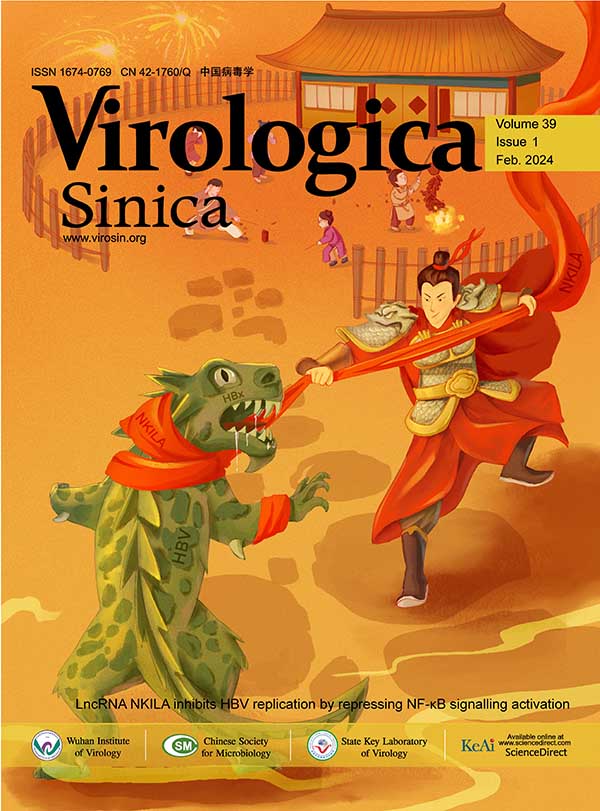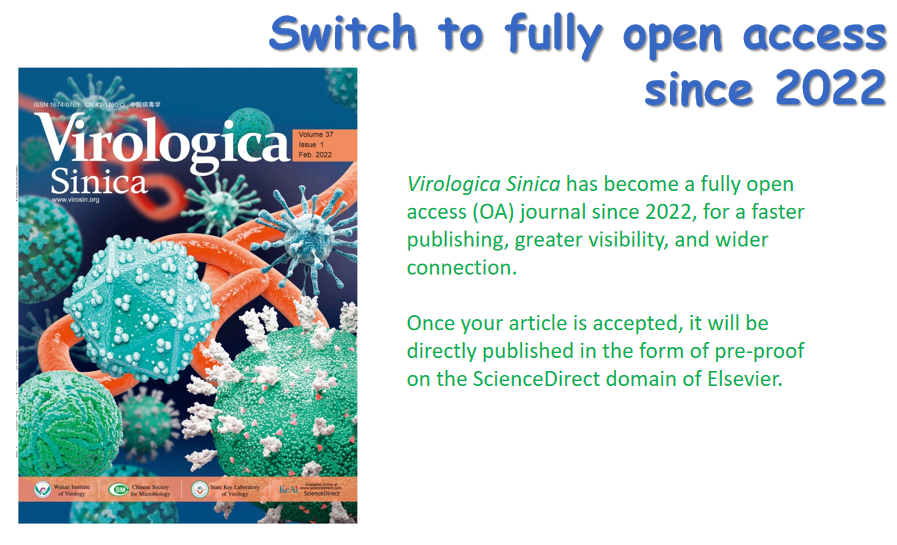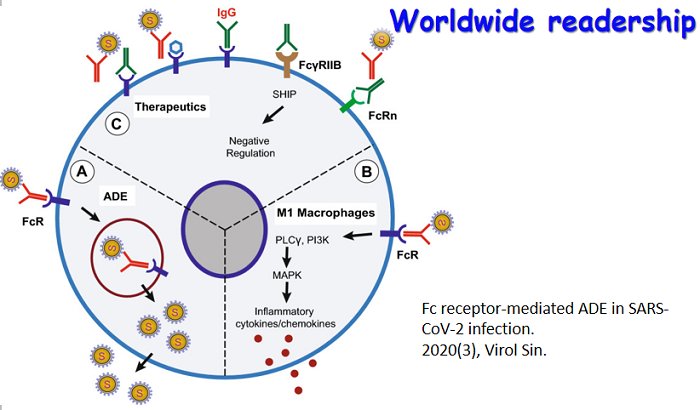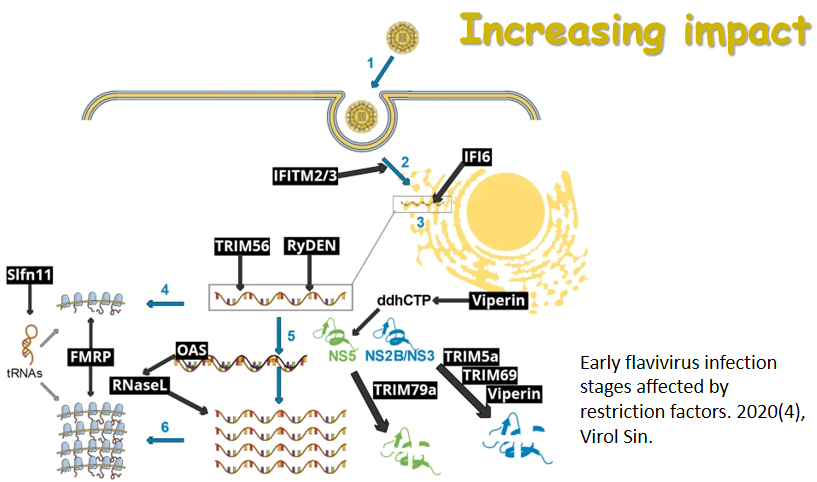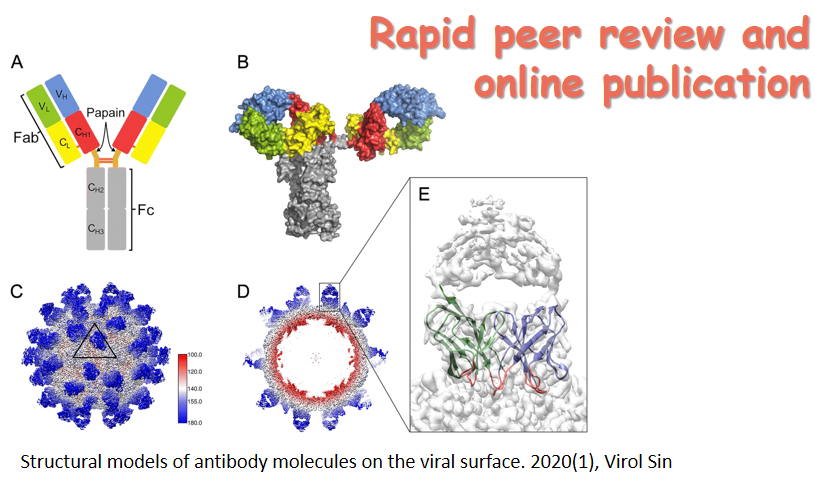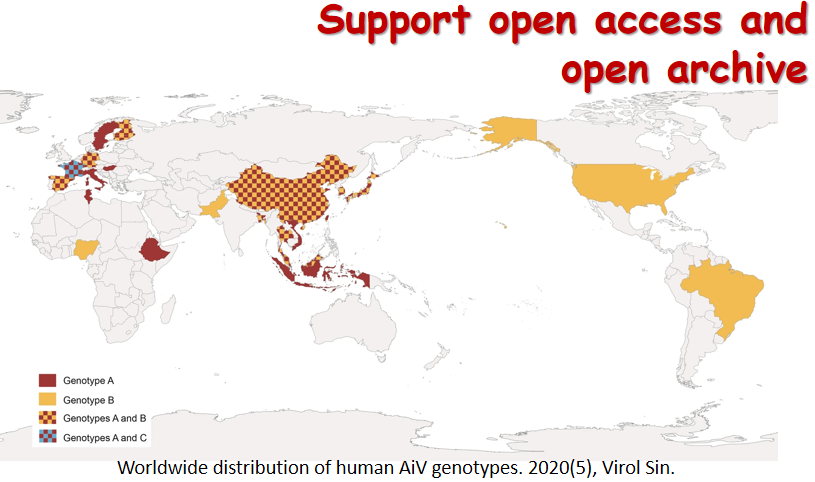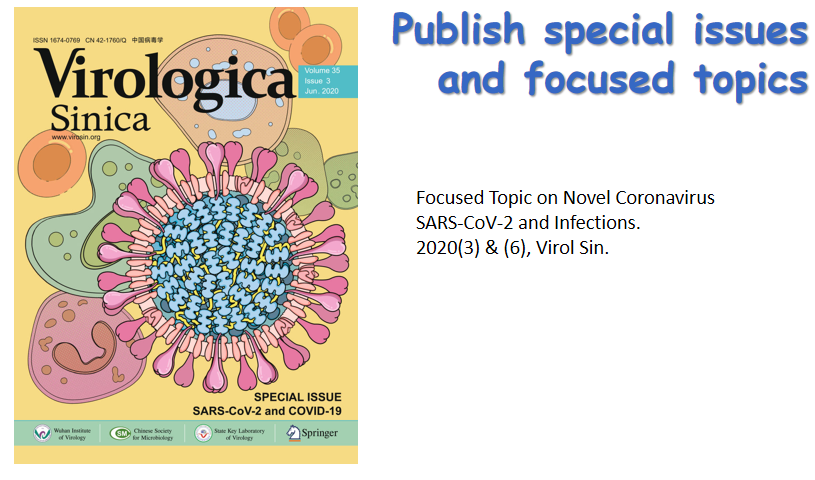肠道病毒主要包括脊髓灰质炎病毒、柯萨奇病毒、埃可病毒及新型肠道病毒共一百多种血清型。肠道病毒可以引起呼吸系统和神经系统疾病,是危害人类生命健康的重大传染病。肠道病毒A71型(EV71)是继脊髓灰质炎病毒后又一重要的嗜神经性病毒,是引发婴幼儿手足口病的主要病原体之一,病情严重时常伴有神经系统的并发症,如无菌性脑膜炎、急性弛缓型麻痹、心肌炎、新生儿败血症样疾病、认知能力低下等,致死率显著增高。抗肠道病毒药物发展缓慢,临床上还没有一个真正的特异抗肠道病毒药物。
研究人员通过对FDA已批准的化学药物库进行筛选,发现Emetine(依米丁)可显著抑制肠道病毒的感染和复制(图1)。进一步研究揭示了Emetine可特异性阻断肠道病毒IRES介导的蛋白质翻译,而不影响宿主帽子结构介导的蛋白质翻译。动物实验结果表明在小鼠服用0.4mg/kg/d剂量下,Emetine对肠道病毒EV71引起的致残或者致死具有100%的保护作用(图2)。此研究成果为肠道病毒的预防和治疗提供了候选药物。
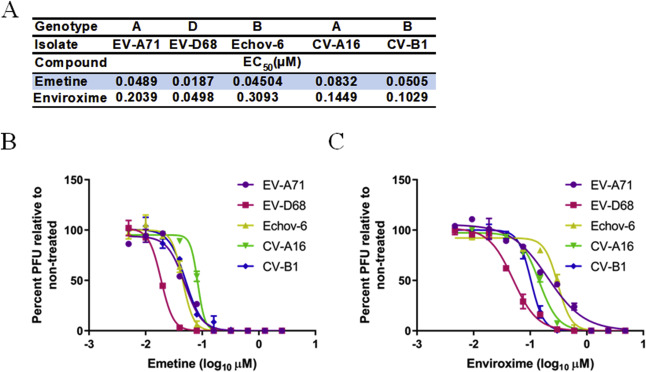
图1. Emetine细胞水平抗肠道病毒活性
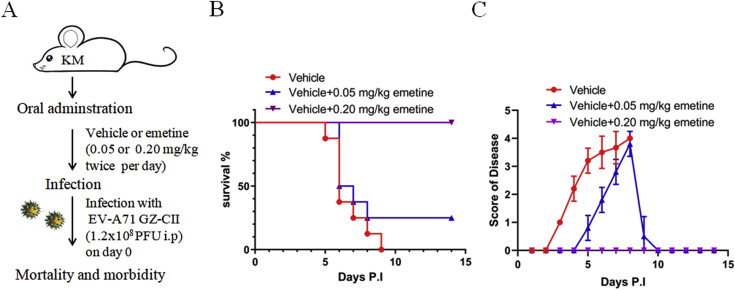
图2. Emetine体内抗肠道病毒活性
武汉大学生命科学学院博士研究生唐崎为该论文的第一作者,吴叔文副教授、蓝柯教授为该论文的共同通讯作者。该工作得到了国家自然科学基金和湖北省重大技术创新专项项目的资助。
文章链接:
https://doi.org/10.1016/j.antiviral.2019.104650
Abstract
IRES-driven translation plays an essential role in picornavirus infection. However, there are seldom reports of compounds targeting this pathway with effective protection in animal models. Here, we identified emetine, an antiprotozoal drug, which inhibits EV-A71 with an EC50 value of 0.04 μM and a CC50 value of 10 μM in RD cell culture. Interestingly, emetine exhibits activities against a series of human enteroviruses, including CV-A16, CV-B1, EV-D68, Echov-6, etc., at the nanomolar level. When orally administered at 0.20 mg/kg twice a day in an EV-A71 mouse model, emetine reduced viral loads in various organs and completely prevented diseases and death. A mechanistic study demonstrated that emetine suppressed EV-A71 by inhibiting viral IRES-driven translation. Taken together, these data indicate emetine as a promising candidate to treat picornavirus infection.
相关阅读:










